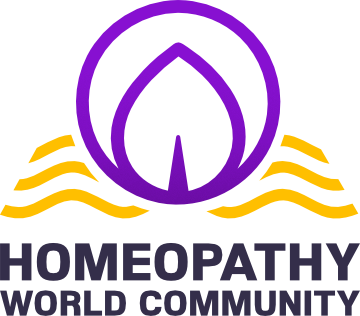Toxic Interaction of Arsenic and Animals Including Chickens Pigs Horses & Rice
Consumer Reports tested 32 different types of rice and dozens of rice products, all of them contained arsenic. 1,200 different products made from rice can be found on store shelves. More arsenic was found in the brown rice compared to the white rice. Many of the samples had troubling levels of inorganic arsenic, which is the most toxic form. “Inorganic arsenic is a known human carcinogen that has been linked to skin, lung, and bladder cancer,” said Andrea Rock of Consumer Reports.
You will read below the many ways that arsenic enters the food chain. Humans put it there with practices of spraying pesticides onto plants to reduce pest populations. These plants and grains feed the animals, which release the element into the soil and runoff into the waterways and seep into the soil. We have contaminated the growing medium and thirst quenching water table for everything we attempt to grow. As the top of the food chain, we will eat the most concentrated levels of the toxins we dump and intentionally deposit into our environment. We must think about the consequences of our actions before we continue to rationalize our behavior.
Full Consumer Reports Article
More about how it got there
Arsenic Enters The Food Chain
Arsenic has entered the food chain in numerous ways. Arsenic has also been used to heighten the performance of race horses and to help in chicken production. Health officials have taken a closer look.
New York Times: by William Neuman
The FDA has investigated a chicken-fed supplement called 3-Nitro or roxarsone, a Pfizer drug, that contains minimal amounts of arsenic. [Perdue and organic chicken producers do not use 3-Nitro.] A 30-day ban has been placed on the drug. A small percentage of turkeys and swine also receive this drug.
Approved in 1944 to kill intestinal parasites, promote growth and colorize meat pink. Changes in the arsenic may cause health problems to people eating chickens fed with this drug.
The FDA experimented with 100 chickens. One half were fed roxarsone and the outcome from inorganic arsenic in their livers showed a higher levels of inorganic arsenic, a known carcinogen compared to the half that were not fed roxarsone.
Continued studies will recheck the conclusions and also test a similar drug, Histostat, or nitarsone.
“Each year, the United States produces $45 billion worth of broiler chickens, the kind used for meat — about 37 billion pounds in 2010, according to the Agriculture Department. That equals about 80 pounds a year for each American, according to the National Chicken Council, which represents major companies like Perdue and Tyson. Georgia, Arkansas and Alabama are the biggest producers.
Environmentalists have long been concerned that the waste from chickens treated with roxarsone, when used as fertilizer on crops, causes arsenic to leach into water supplies and estuaries. Even cattle are exposed, since chicken litter is sometimes included in feed.
Roxarsone is still approved for use in chickens and swine in Canada, Mexico, Malaysia, Indonesia, the Philippines and Vietnam and in poultry only in Chile, Argentina, Peru, Venezuela, Brazil, Australia, Pakistan and Jordan.
What will turn you into a vegetarian?
Arsenic is frequently used in dips or sprays for range horses, in weed killers and in rodent poisons. It is sometimes used in small amounts as a feed additive in horses as a “tonic” to stimulate appetite and digestion. Affected horses may ingest the poison, or absorb it through their skin in cases where it is used as a dip or spray. When it is applied to the skin, it is much more toxic than when it is taken inthroug the digestive tract
How does arsenic affect the horse?
The molecules of arsenic are capable of combining with certain elements in enzyme metabolism, interfering with the life-support system of cells in the intestines, liver, kidneys, spleen and lungs. This interference with metabolism and causes horses to lose large amounts of fluid through cell metabolism and the digestive tract.
Homeopathy
Arsenicum for restlessness, food poisoning and toxicity, anxiety and numerous symptoms has been referenced throughout HWC.
New Studies Turn the Tables on What’s Safe—and What’s Not

